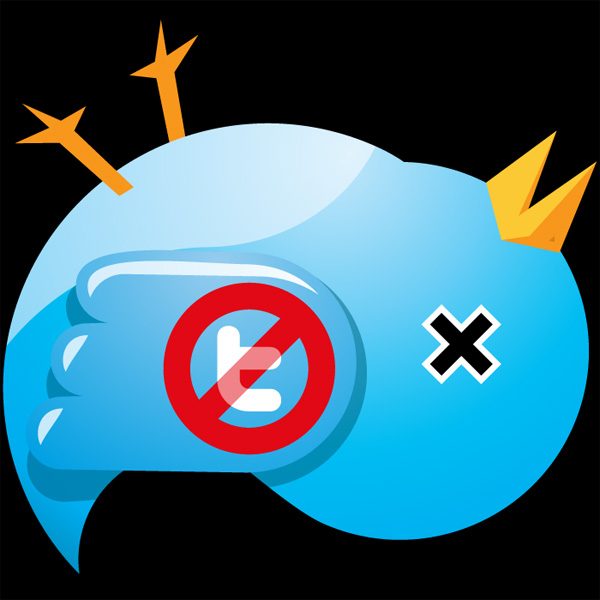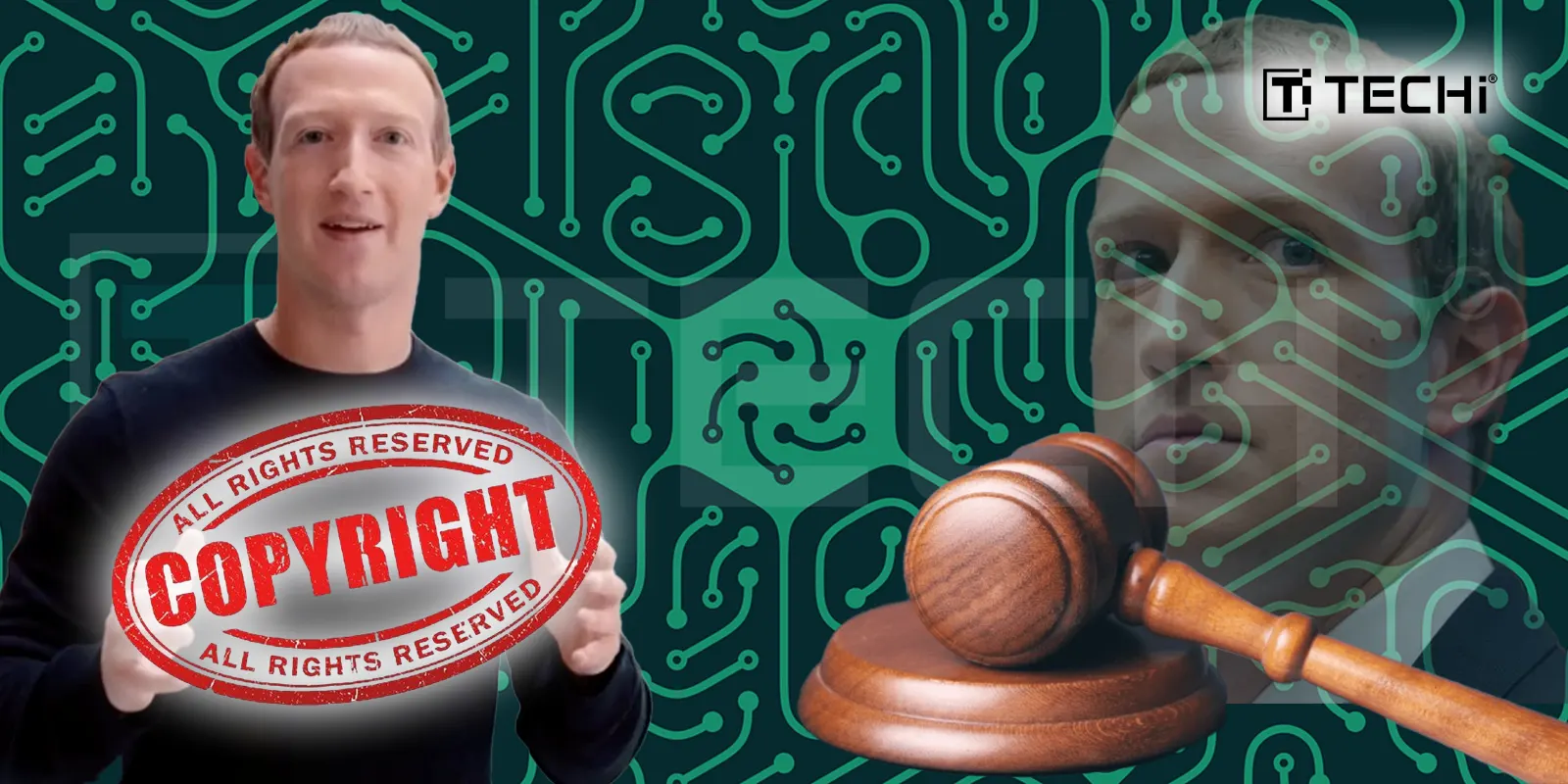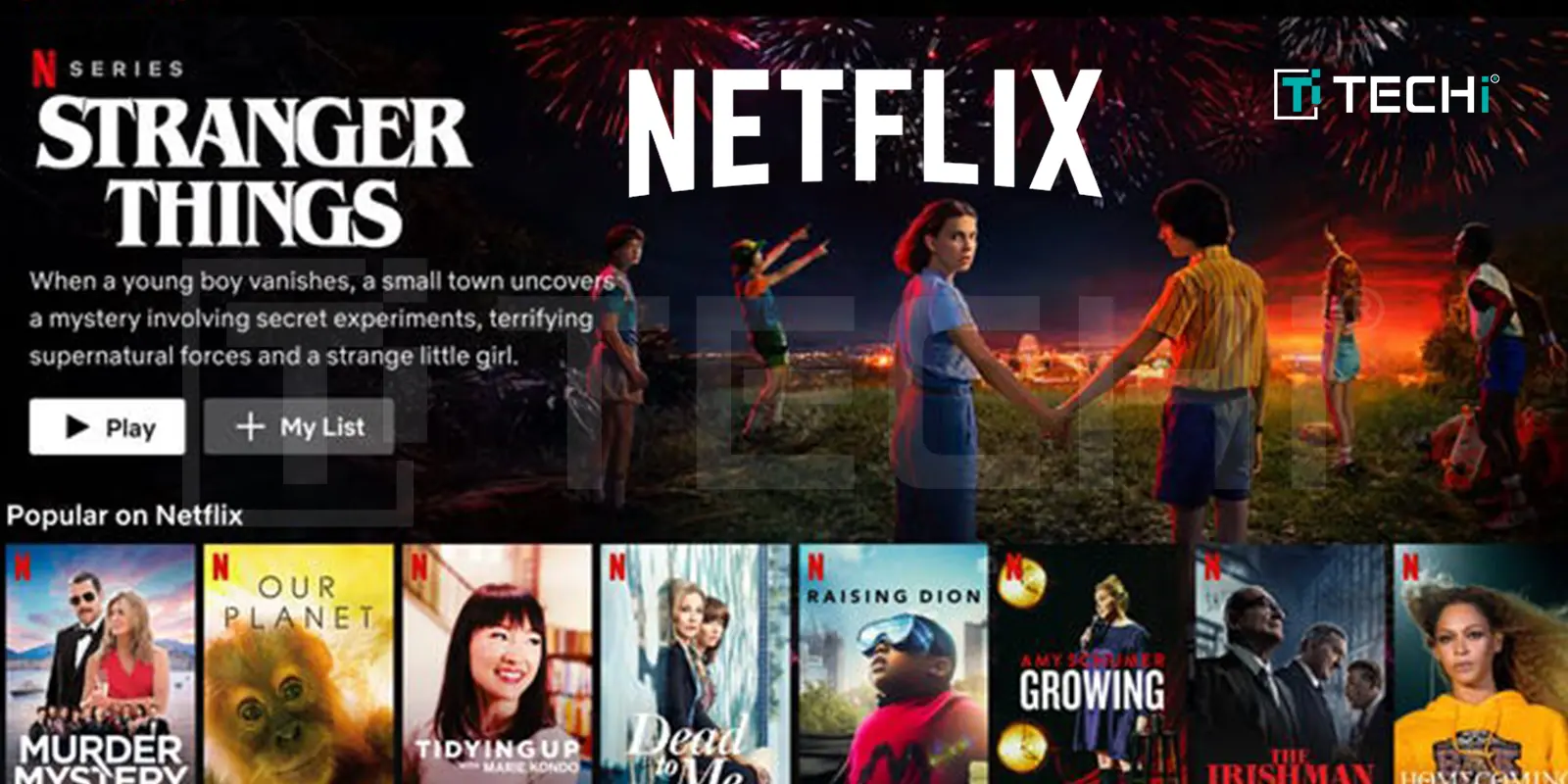Bye Bye Birdie: Why Twitter is On the Outs

Like it or not, Twitter has become an unavoidable part of our online lives. Created by Jack Dorsey and Biz Stone in 2006, the social networking platform’s reach has grown remarkably over the past four years. According to a recent study conducted by Edison Research, 87 percent of the U.S. population is now aware of its existence. Surprising? Not really. Forget about Twitter’s overwhelming online presence, the site is constantly being thrown in our face throughout every media outlet imaginable. From CNN to ESPN, we’re constantly exposed to the endless stream of thoughts that Twitter encompasses. While Twitter’s presence is undeniable, its future lacks certainty. Will Twitter continue to grow and thrive? In short, no. Why? Allow me to explain…
Putting the Numbers in Perspective
[vimeo]http://vimeo.com/11358585[/vimeo] With nearly 90 percent of the U.S. population completely aware of Twitter, certainly a majority of them are actively using the service, right? Not really. Twitter gets an estimated 180 million unique visitors internationally per day, but not all of them have accounts. Of the estimated 106 million accounts on Twitter, only 3 percent have more than 100 followers, while 24 percent of users have 0 followers. Only 40 percent of people who try Twitter remain active on the service after their first month. While Twitter does receive quite a bit of attention, it has been proven to be of little use to the majority of people.It’s All the Rage… For Now
 Obviously, Twitter gets a lot of its traffic from outside sources promoting their accounts on the site, but how much exactly? 75 percent. That’s right, three-fourths of Twitter’s visitors come to the site as a result of promotions made by third parties.
That’s all fine and well for now, but hype eventually dies. What happens when these outside sources decide to abandon the social networking platform for the next big thing? That, my friends, will be the end of Twitter as we know it.
Obviously, Twitter gets a lot of its traffic from outside sources promoting their accounts on the site, but how much exactly? 75 percent. That’s right, three-fourths of Twitter’s visitors come to the site as a result of promotions made by third parties.
That’s all fine and well for now, but hype eventually dies. What happens when these outside sources decide to abandon the social networking platform for the next big thing? That, my friends, will be the end of Twitter as we know it.
Too Connected
 So why, exactly, do 60 percent of Twitter users quit within the first month of using the platform? Twitter simply doesn’t appeal to average internet users.
If you’re not a spammer, a narcissist, or a business owner, chances are Twitter isn’t of much use to you. Your everyday person signs up for Twitter to see what all the hype is about, figuring that they will be able to connect with friends and family, and read interesting news stories. Quickly, however, they are proven wrong. Twitter takes “connecting” to another level. New users are rapidly exposed to what Twitter is all about, and are overwhelmed with the constant influx of updates.
Most (normal) people don’t care what you’re eating for dinner, when you’re going to sleep, or how local firefighters rescued a cat from a nearby park. Soon, new Twitter users find that the platform is essentially a breeding ground for relentless marketing and ego inflation.
Funny enough, neither corporate entities nor people with a false sense of self-important care what you have to say. The way in which Twitter is used really defeats its purpose. If nearly every status update falls upon deaf ears, is it really connecting?
So why, exactly, do 60 percent of Twitter users quit within the first month of using the platform? Twitter simply doesn’t appeal to average internet users.
If you’re not a spammer, a narcissist, or a business owner, chances are Twitter isn’t of much use to you. Your everyday person signs up for Twitter to see what all the hype is about, figuring that they will be able to connect with friends and family, and read interesting news stories. Quickly, however, they are proven wrong. Twitter takes “connecting” to another level. New users are rapidly exposed to what Twitter is all about, and are overwhelmed with the constant influx of updates.
Most (normal) people don’t care what you’re eating for dinner, when you’re going to sleep, or how local firefighters rescued a cat from a nearby park. Soon, new Twitter users find that the platform is essentially a breeding ground for relentless marketing and ego inflation.
Funny enough, neither corporate entities nor people with a false sense of self-important care what you have to say. The way in which Twitter is used really defeats its purpose. If nearly every status update falls upon deaf ears, is it really connecting?
Other, Better Options
 Despite the fact that Twitter is constantly shoved in your face, it’s not like there aren’t other options. There is an endless list of social networking mediums that exist, many of which are of much greater value to typical internet users. Sure, Twitter does an outstanding job of catering to users’ without much to say, but it is essentially useless to those who do have something to say. That’s where Facebook comes in.
Not only does Facebook cater to the average Joe by allowing them to speak their mind, they provide a familiar platform to do so. Learning from the mistakes that lead to the downfall of MySpace, Facebook provides a more familiar, easier to understand social networking experience.
Being wrapped up in the online tech world, you may not know it, but terms like hash, tweet, and retweet have no meaning to the vast majority of society. Terms such as like, fan, and share, however, are easily understood. Not to mention the fact that people actually like building, maintaining, and having a profile.
For these reasons, it’s clear why Facebook continues to dominate its competition. Currently second only to Google in terms of traffic, Facebook sees over 400 million people logging in every month, 50 percent of which visit the site every day.
Despite the fact that Twitter is constantly shoved in your face, it’s not like there aren’t other options. There is an endless list of social networking mediums that exist, many of which are of much greater value to typical internet users. Sure, Twitter does an outstanding job of catering to users’ without much to say, but it is essentially useless to those who do have something to say. That’s where Facebook comes in.
Not only does Facebook cater to the average Joe by allowing them to speak their mind, they provide a familiar platform to do so. Learning from the mistakes that lead to the downfall of MySpace, Facebook provides a more familiar, easier to understand social networking experience.
Being wrapped up in the online tech world, you may not know it, but terms like hash, tweet, and retweet have no meaning to the vast majority of society. Terms such as like, fan, and share, however, are easily understood. Not to mention the fact that people actually like building, maintaining, and having a profile.
For these reasons, it’s clear why Facebook continues to dominate its competition. Currently second only to Google in terms of traffic, Facebook sees over 400 million people logging in every month, 50 percent of which visit the site every day.
Twitter Isn’t Profitable
 Despite Twitter’s reach, the fact remains that they really don’t make any money. Why? Well, for one, they don’t really put much effort into actually becoming profitable. While this is a noble and refreshing concept considering the abundance of ad infested social networking platforms, it doesn’t do much for the company itself. Twitter relies on venture capital to fuel its operations.
How long will venture capital firms continue to shell out cash to an unprofitable service, though? In the end, all venture capital firms are concerned with is profiting from their investments.
This year, Twitter did release an advertising platform in hopes of turning profit. So far, it has yet to do so. Twitter limited the companies that they would allow to advertise to well known corporate entities, shunning small businesses who desire a self-serve advertising platform similar to Facebook’s. Hey, that’s their call, but how long will these advertisers last?
The truth of the matter is, their advertisements are reaching a demographic with a short attention span… people who, in all honesty, aren’t likely to even notice the advertisement as they quickly scan for updates. Why would these companies even pay for advertisements when there are thousands already following their account?
What do you think? Will Twitter continue to grow and prosper, or will it fade into non-existence once the hype dies down? Leave a comment and let us know.
Despite Twitter’s reach, the fact remains that they really don’t make any money. Why? Well, for one, they don’t really put much effort into actually becoming profitable. While this is a noble and refreshing concept considering the abundance of ad infested social networking platforms, it doesn’t do much for the company itself. Twitter relies on venture capital to fuel its operations.
How long will venture capital firms continue to shell out cash to an unprofitable service, though? In the end, all venture capital firms are concerned with is profiting from their investments.
This year, Twitter did release an advertising platform in hopes of turning profit. So far, it has yet to do so. Twitter limited the companies that they would allow to advertise to well known corporate entities, shunning small businesses who desire a self-serve advertising platform similar to Facebook’s. Hey, that’s their call, but how long will these advertisers last?
The truth of the matter is, their advertisements are reaching a demographic with a short attention span… people who, in all honesty, aren’t likely to even notice the advertisement as they quickly scan for updates. Why would these companies even pay for advertisements when there are thousands already following their account?
What do you think? Will Twitter continue to grow and prosper, or will it fade into non-existence once the hype dies down? Leave a comment and let us know.





Doesn’t matter at all, A trend shows up, we follow! A trend dies, we forget it!
Then we wait for a new trend to follow 😀
Whatever this trend is (Fb, Twitter,….) Just enjoy your time, they will do their best to keep us entertained and make money out of it, so why worry 🙂
FTA: “If you’re not a spammer, a narcissist, or a business owner, chances are Twitter isn’t of much use to you.”
This is typical ignorance from people who either 1) Don’t understand it, or 2) Don’t understand it and want to stop hearing about it.
I match none of the above mentioned descriptions, however I find Twitter extremely useful for consuming information in things I have interest in, such as development and sports.
Such an inane service offers no real information and is therefore useless.
“Like it or not, Twitter has become an unavoidable part of our online lives.”
I think I’ve done a remarkable job of avoiding it.
Just like many have noticed, you link your twitter account at the end of your “Join me in hating something.” speech? Well done, sir.
“Soon, new Twitter users find that the platform is essentially a breeding ground for relentless marketing and ego inflation.”
Much like your writings? You REALLY like Facebook, don’t you. 😉
“Being wrapped up in the online tech world, you may not know it, but terms like hash, tweet, and retweet have no meaning to the vast majority of society. Terms such as like, fan, and share, however, are easily understood. Not to mention the fact that people actually like building, maintaining, and having a profile.”
I love how you go on to assume that the average IQ level of a human being is too low to understand such large words as “hash” or “tweet” or, OH my! “retweet”. I would venture a guess and say that ANYONE on the internet knows what google is. And how to google what these words might mean.
Dare I continue? No. I think I’ll just tweet what a giant ass you are.
P.S. I just ate soup. Delish. I’m now going to bed.
Although I disagree with the article’s main premise as to twitter’s long term viability, I do think the observation regarding the unfamiliarity of some of twitter’s terminology has merit. It is not a question of misjudging people’s IQ or aptitude with a search engine, but rather the barrier to entry the twitter dialect imposes. “follow” is a clear example of a self-documenting action while “tweet” merely provides a cute reference to their namesake. As with Google, tweet and retweet may transcend into mainstream usage verbs, but the beauty of “follow” is that it need not surmount an obstacle such as this.